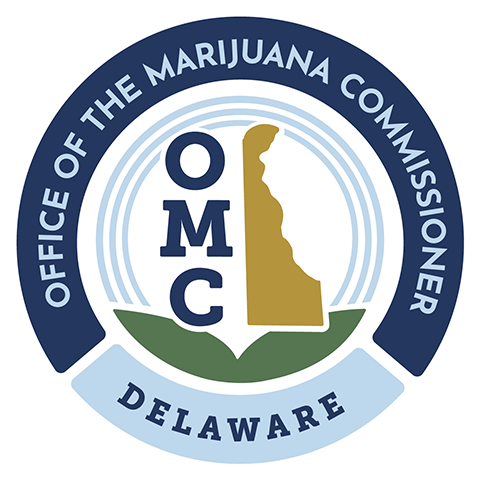Social Equity in Delaware's Marijuana Industry
This program is designed to create a more inclusive and equitable marijuana industry by providing opportunities for those disproportionately impacted by past marijuana laws.
Who Benefits?
- Individuals with past marijuana-related convictions.
- Residents of neighborhoods heavily affected by past marijuana enforcement.
How Does It Work?
- Reserved Licenses: A portion of available licenses are specifically designated for social equity applicants.
- Reduced Fees: Applying for a marijuana business license can be expensive. This program reduces those fees for qualified applicants.
- Community Investment: Tax revenue from marijuana sales will fund programs that support communities harmed by past marijuana laws. These programs might focus on:
- Restorative justice initiatives
- Reducing reliance on incarceration
- Job training programs
- Technology for expungement and civil rights restoration
Why It Matters
- Fairness: This program levels the playing field by giving a chance to those who were impacted.
- Community Repair: It supports communities disproportionately affected by past marijuana laws.
- A More Diverse Industry: The marijuana industry isn't just for big corporations. This program fosters a more inclusive business landscape.
License Breakdown
- Retailers: 30 total licenses, with 15 reserved for social equity applicants.
- Cultivators: 60 total licenses, split evenly between large and small operations and social equity applicants.
- Product Manufacturers: 30 total licenses, with 10 reserved for social equity and 10 for microbusinesses.
- Testing Labs: 5 total licenses, including 2 reserved for social equity applicants.
Continued Support for Social Equity Applicants
- 7% of tax revenue goes to a Justice Reinvestment Fund.
- Focus areas: Restorative justice, jail diversion, workforce development, and technology for civil rights restoration and expungement.
Additional Support for Social Equity Applicants
- Assistance is available for applicants with past convictions or residence in impacted areas.
- Discounted application fees help ease the financial burden.
- Technical assistance programs offer guidance through the application process.




